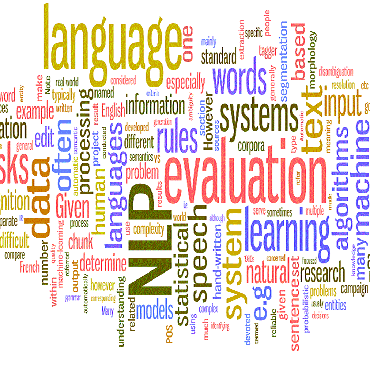Natural language processing (NLP) methods for analyzing legal text offer legal scholars and practitioners a range of tools allowing to empirically analyze law on a large scale. However, researchers seem to struggle when it comes to identifying ethical limits to using NLP systems for acquiring genuine insights both about the law and the systems' predictive capacity. In this paper we set out a number of ways in which to think systematically about such issues. We place emphasis on three crucial normative parameters which have, to the best of our knowledge, been underestimated by current debates: (a) the importance of academic freedom, (b) the existence of a wide diversity of legal and ethical norms domestically but even more so internationally and (c) the threat of moralism in research related to computational law. For each of these three parameters we provide specific recommendations for the legal NLP community. Our discussion is structured around the study of a real-life scenario that has prompted recent debate in the legal NLP research community.
翻译:自然语言处理法(NLP)分析法律文本的方法为法律学者和从业者提供了一系列工具,可以对法律进行大规模的经验性分析,然而,研究人员似乎很难确定使用NLP系统的道德限制,以便真正了解法律和系统的预测能力。我们在本文件中提出了系统地思考这些问题的若干方法。我们强调三个关键的规范性参数,而根据我们所知,这些参数被当前的辩论低估了:(a) 学术自由的重要性,(b) 国内法律和道德规范的多样性,但在国际上更是如此,(c) 与计算法有关的研究中道德主义的威胁。我们为法律上NLP界提出了具体建议。我们的讨论围绕一种实际生活情景的研究进行,这一研究在法律从业研究界最近引发了辩论。




